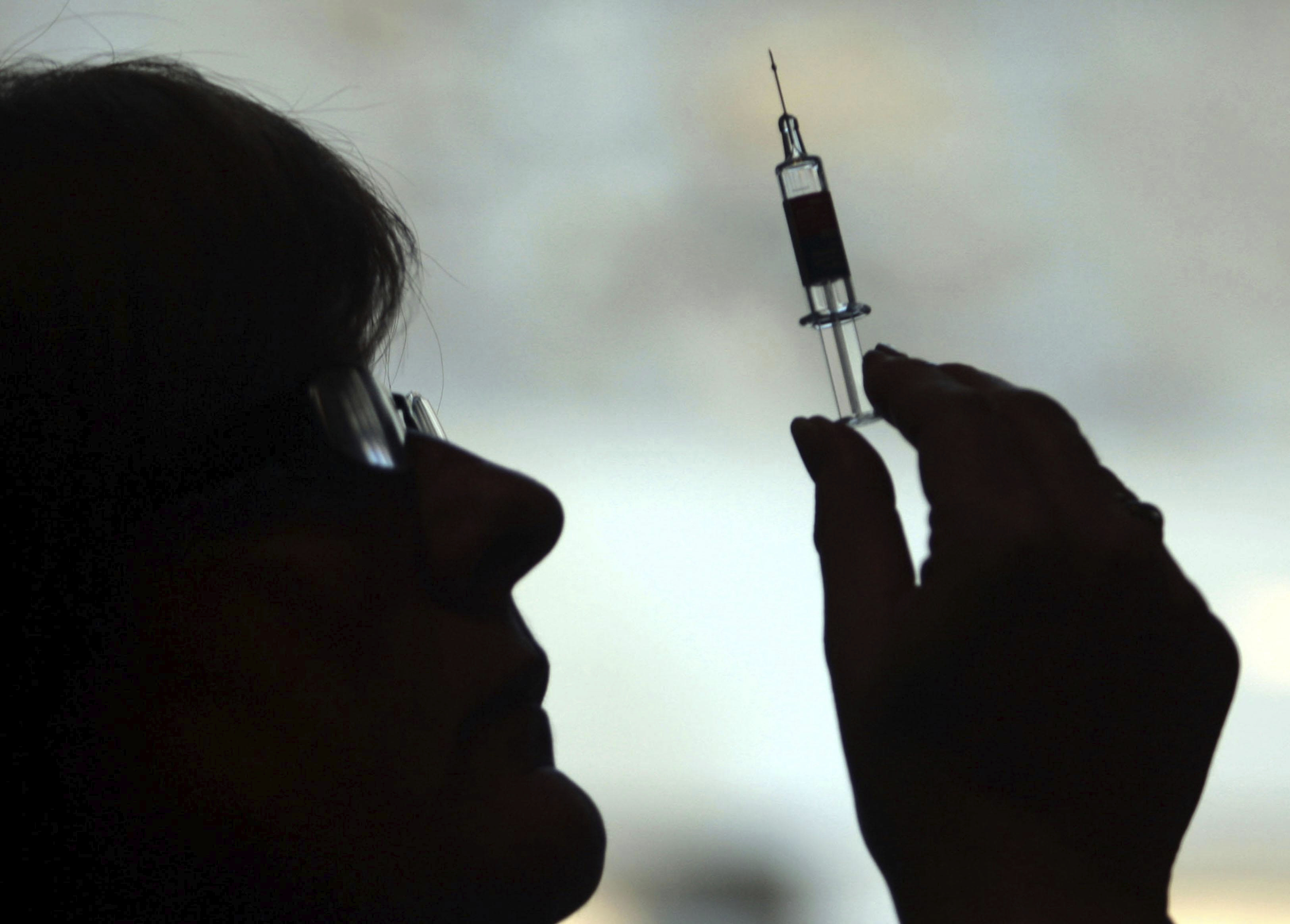The Oxford covid-19 vaccine candidate has produced promising early trial results

The news: A covid-19 vaccine candidate being developed by Oxford University and AstraZeneca proved safe and provoked a strong immune response in its first clinical trials. Participants’ systems produced both antibodies and T cells, and only relatively mild side effects were observed. The results were described today in a paper in The Lancet.
The study: The trial consisted of 1,077 healthy adults who received either the experimental vaccine, called ChAdOx1 nCoV-19, or a meningitis vaccine. Antibody responses peaked by day 28 and remained high until day 56 of the trial, which was the last day of testing. A subgroup of 10 participants who received a second dose produced even stronger antibody responses. The covid-19 vaccine also resulted in “marked increases” in T cell responses as early as day 7, and these were still present when researchers tested the participants again on the final day. T-cells are a type of white blood cell that recognize and attack an invading virus. Provoking a strong T cell response could be important: there is growing evidence it might be crucial to producing any form of lasting immunity to SARS-CoV-2.
The vaccine caused minor side effects in 70% of recipients, most commonly fatigue and headache, but these were treatable with paracetamol (acetominophen), the authors said.
Also in China: Initial results for a second vaccine candidate, being developed by CanSino Biologics in Wuhan, China, were also reported in The Lancet today. The trial of 508 healthy adults found that more than 96% of participants developed antibodies, while over 90% had T cell responses.
What’s next: While these results are promising, it’s still too early to know if either vaccine offers sufficient protection from infection—or how long any such protection might last. Further trials of the Oxford vaccine, involving more than 10,000 people, are already under way in the UK, while 30,000 people are being recruited in the US, plus 5,000 in Brazil and 2,000 in South Africa. The UK has already ordered 100 million doses of the vaccine.
Deep Dive
Biotechnology and health
How scientists traced a mysterious covid case back to six toilets
When wastewater surveillance turns into a hunt for a single infected individual, the ethics get tricky.
An AI-driven “factory of drugs” claims to have hit a big milestone
Insilico is part of a wave of companies betting on AI as the "next amazing revolution" in biology
The quest to legitimize longevity medicine
Longevity clinics offer a mix of services that largely cater to the wealthy. Now there’s a push to establish their work as a credible medical field.
There is a new most expensive drug in the world. Price tag: $4.25 million
But will the latest gene therapy suffer the curse of the costliest drug?
Stay connected
Get the latest updates from
MIT Technology Review
Discover special offers, top stories, upcoming events, and more.